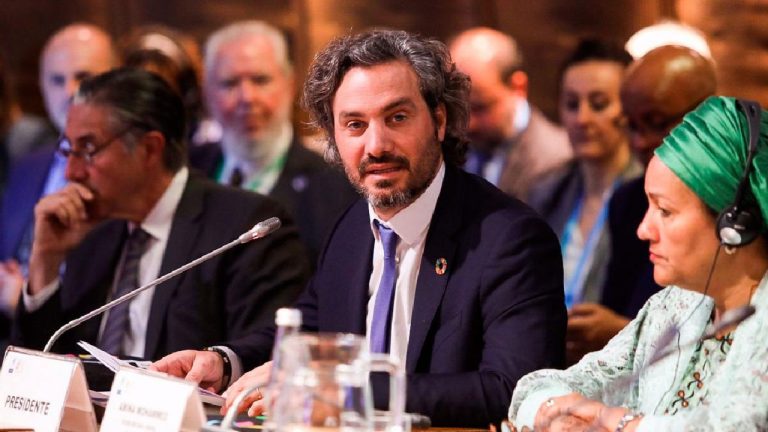
Argentine Foreign Minister Santiago Cafiero referred to the advantages the issuance of a Latin American common currency would give Argentina. Cafiero stated that the existence of such a currency would relieve the stress that the country is currently facing regarding the state of its foreign reserves and the devaluation of its fiat currency.
Argentine Foreign Minister Talks Latin American Common Currency
Santiago Cafiero, foreign minister of Argentina, talked about the benefits that the existence of a common currency for countries in Latam would bring to the region and his country. Cafiero explained that, while several proposals were brought to the four-hour meeting between Brazilian President Luiz Inacio ‘Lula’ da Silva and his Argentine counterpart Alberto Fernandez, the issuance of a common Latin American currency was not touched upon.
However, Cafiero showed his support for the creation of such a currency, stating:
It would be very good to have a common currency because it would avoid all the stress that Argentina has with the issue of dollars.
Argentina has been battling a reduction of its foreign reserves in dollars, which have to be used to pay for imports due to the current structure of international trade. This has led the Argentine government to try to substitute the use of dollars for the Chinese yuan in its bilateral settlements with China, to preserve its dwindling reserves.
Origins of the Common Currency Proposal in the Region
The proposal of a common currency for the region was part of the presidential campaign of now-Brazilian President Lula, who stated that Brazil would use this currency to connect again with other countries in Latin America, to undermine the ubiquitous use of the dollar.
The initial reports pointed at this project being similar to the euro, a substitute for the fiat currencies of several countries of the region, with Argentina and Brazil being the first proponents of the idea.
The proposal was later discussed by the governments of Argentina and Brazil at the CELAC commitment in Buenos Aires in January, where the two governments signed a document to start working on the creation of this common currency, clarifying that its usage would be limited to settlements between countries of the Common Southern Market and the BRICS bloc, which is also studying to issue its own common currency.
What do you think about the advantages that a Latin American common currency could give Argentina? Tell us in the comments section below.





